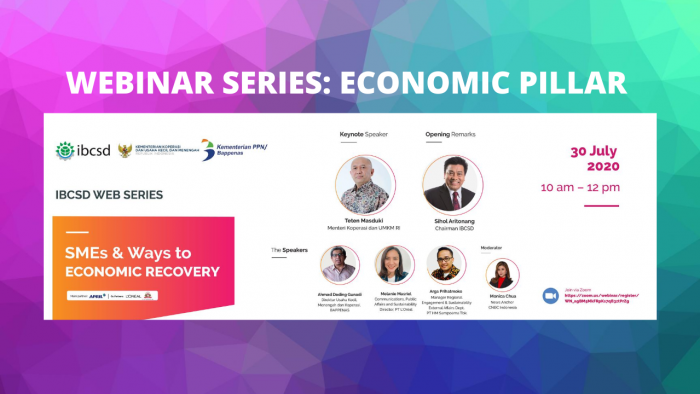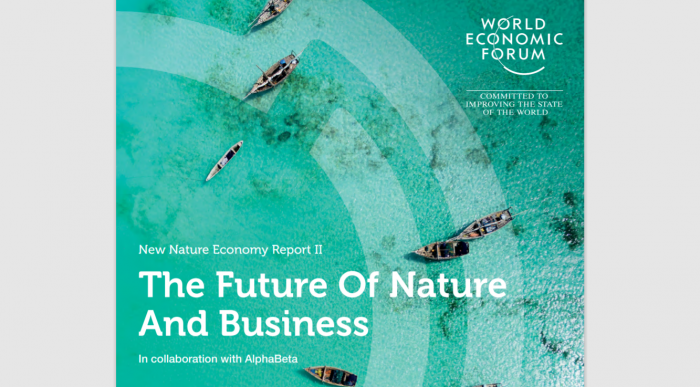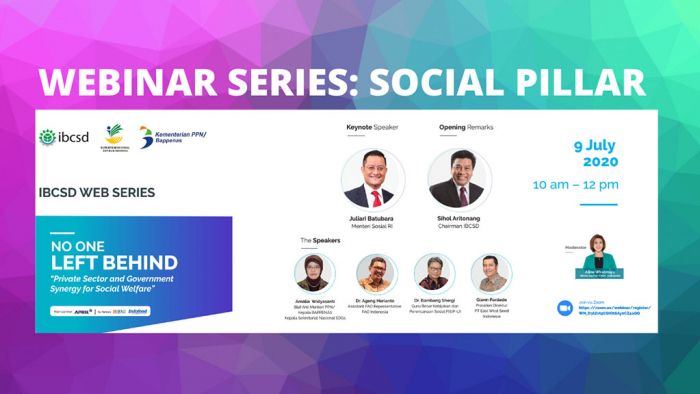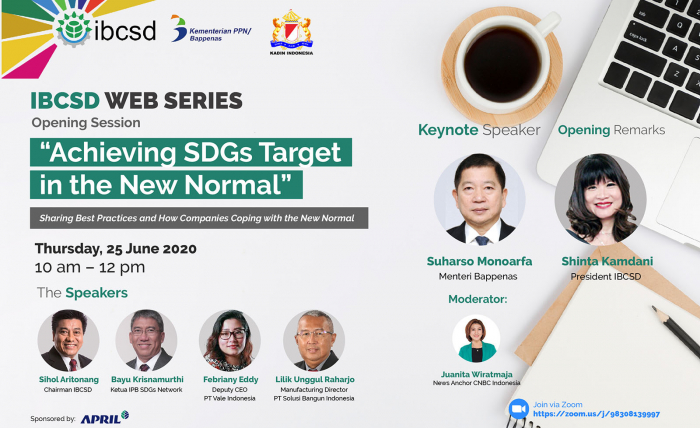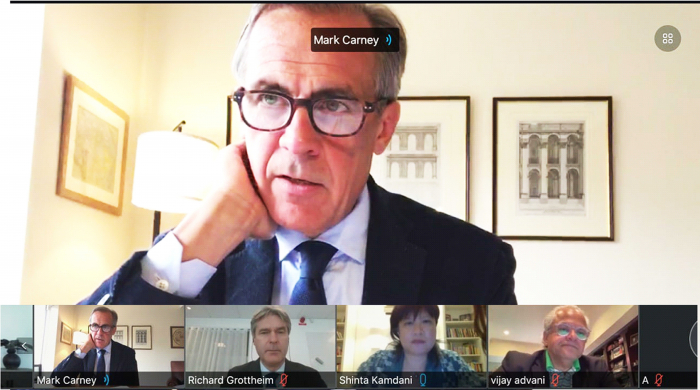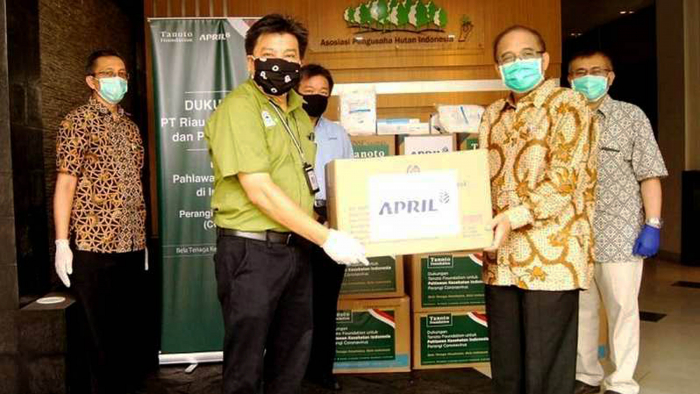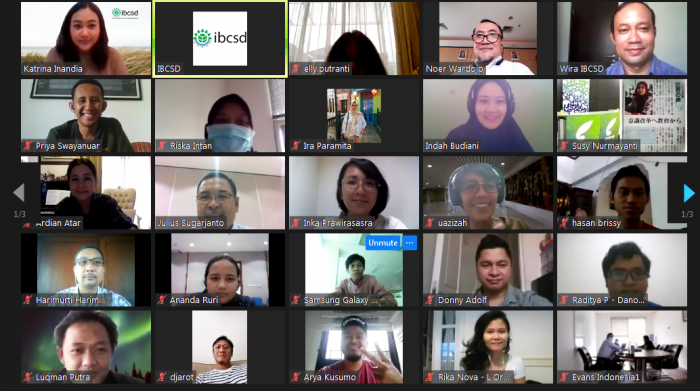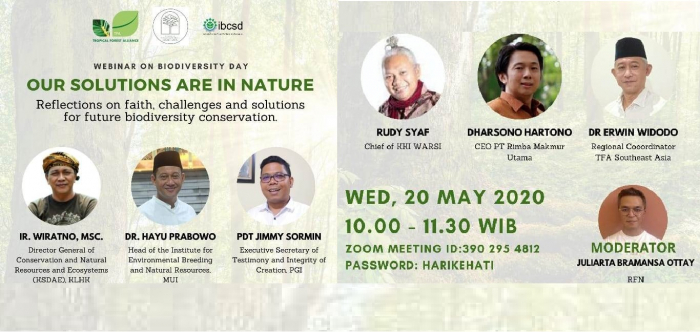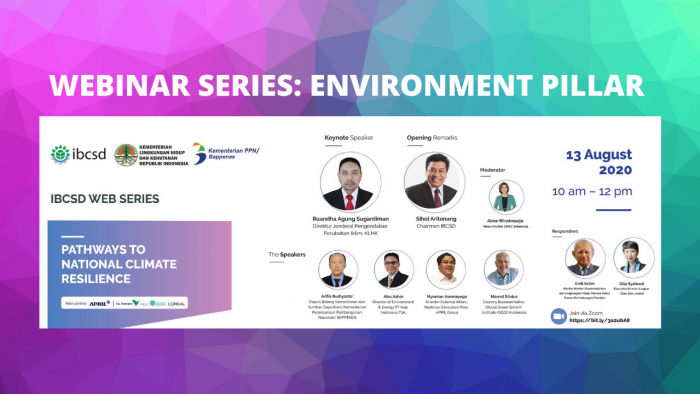
WEBSERIE 3: Pathways to National Climate Resilience
Human and business activities are very influential. We can see this at the beginning of the Covid-19 pandemic when the PSBB policy was implemented, where in Indonesia we had experienced a reduction in carbon emission levels due to reduced community activities outside the home. But unfortunately, this is only temporary. When people and businesses bounce back to their activities, the level of carbon emissions returns to what it was before. Meanwhile, the Indonesian government through the Ministry of Environment and Forestry (KLHK) is working to reduce greenhouse gas emissions.
“From climate change mitigation efforts, the government is committed to reducing our greenhouse gas emissions by 29% compared to Business As Usual or BAU with its own resources, and can reach 41% compared to BAU with international assistance in 2030,” said the Director General of Climate Change Control, Ruandha Agung Sugardiman.
Ruandha also added that the target of reducing greenhouse gas emissions rests on 5 sectors, namely: the energy sector, the waste sector, the industrial sector, the agricultural sector and the forestry sector. Of these five sectors, the forestry and energy sectors are projected to be the largest contributors to the reduction of greenhouse gases in Indonesia. It is hoped that by 2050, Indonesia will be able to realize its long-term vision of “net zero emission and climate resilience”.
In order to support the reduction of greenhouse gas emissions and targeted low-carbon development, the government has integrated climate change and disasters into development planning at both the national and regional levels. In fact, the 2020-2024 National Medium-Term Development Plan (RPJMN) document which was established through Presidential Regulation number 18 of 2020 reflects the government’s great concern on the issue of climate change. This can be seen from one of its chapters which specifically discusses the environment, disaster resilience and climate change.
Even so, the government cannot work alone. Its main business sector, can play a big role in helping achieve this plan. IBCSD itself with a network at the global level, is encouraging its member companies to jointly provide a statement as a joint voice of the private sector to protect, restore and use natural resources in a sustainable manner. IBCSD member companies also have programs for the environment, which are integrated with their respective businesses.
“APRIL Group, in 2013 built Riau Ecosystem Restoration (RER), an ecosystem restoration program that aims to protect, restore and conserve peatland forests in Riau Province, Indonesia. This program is part of APRIL’s commitment to conserving production forests. This program has resulted in no hotspots or fires occurring inside the RER concession in 2018, “said Sihol.
In line with APRIL, as told by Abu Ashar, Director of Environment & Energy, PT Vale Indonesia, the mining company he works for is also building a road map to creating clean energy before 2030. As part of Vale Global Company’s commitment to carbon neutral by 2050, PT Vale Indonesia is committed to reducing greenhouse gass emissions by 33%.
Together with Abu Ashar, present as a speaker, Ir. Medrilzam, M.Prof.Econ, Ph.D, Director of Environment, Ministry of National Development Planning / BAPPENAS; Nyoman Iswarayoga, Director of External Affairs, APRIL Group and Marcel Silvius, Indonesia Country Representative, from the Global Green Growth Institute (GGGI) Indonesia.
On this occasion, Marcel Silvius emphasized the importance of planning for post-pandemic green growth. “Today, more than ever, it is imperative for Indonesia to consider the benefits of green economic development and sustainable, inclusive and resilient economic growth,” he said. Marcel Silvius also provides an example of investing in renewable energy which will provide at least twice as many jobs, and of higher quality, than investment in fossil fuels. Likewise, investment in pro-nature solutions, such as community-based sustainable agroforestry, which can revitalize degraded rural areas, such as Indonesia’s peatlands, and help achieve Indonesia’s commitments to mitigate and adapt to climate change.
“Through our close collaboration with Bappenas and KLHK and other government partners at the national and provincial levels, GGGI continues to support the Government of Indonesia in realizing a pathway for restoring green growth and low carbon development,” added Marcel Silvius, explaining GGGI’s commitment to support the Government of Indonesia.
Apart from the four speakers, Prof. Dr. Emil Salim, former Minister of Population and Environment and former Chairman of the Presidential Advisory Council also attended this webinar. Acting as a responder, Emil Salim agrees with the urgency for low carbon development in Indonesia. This was also conveyed by another respondent, Gita Syahrani, Executive Director of Lingkar Termu Kabupaten Lestari.
This webinar, supported by APRIL, PT Vale Indonesia, GGGI and L’Oreal Indonesia, is the last in a series of webinars held by IBCSD since last June. In total, there have been four webinars that have been held covering the three pillars of the SDGs, both in the economic, social, and environmental pillars. All webinar reruns can be watched again via the IBCSD YouTube account.
Webserie 3: https://www.youtube.com/watch?v=nhtMB0lKAiI&feature=youtu.be
